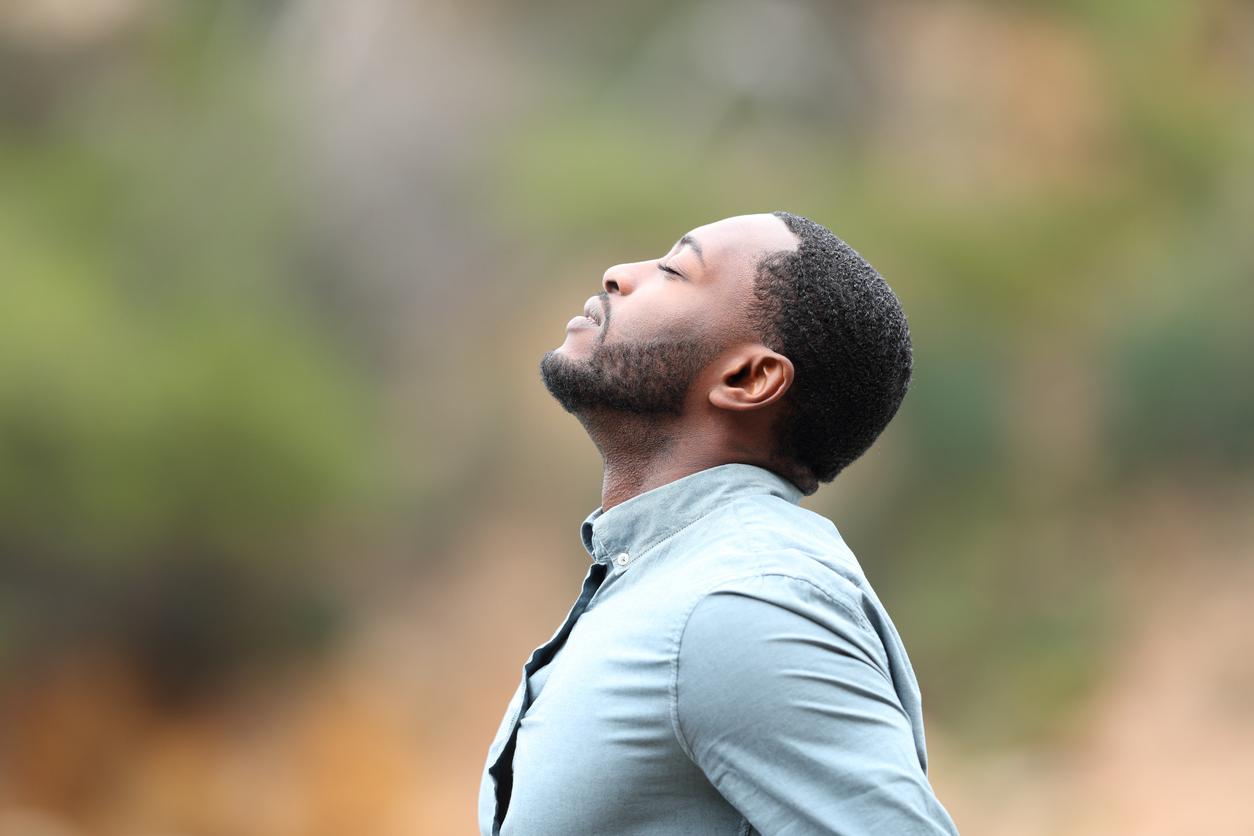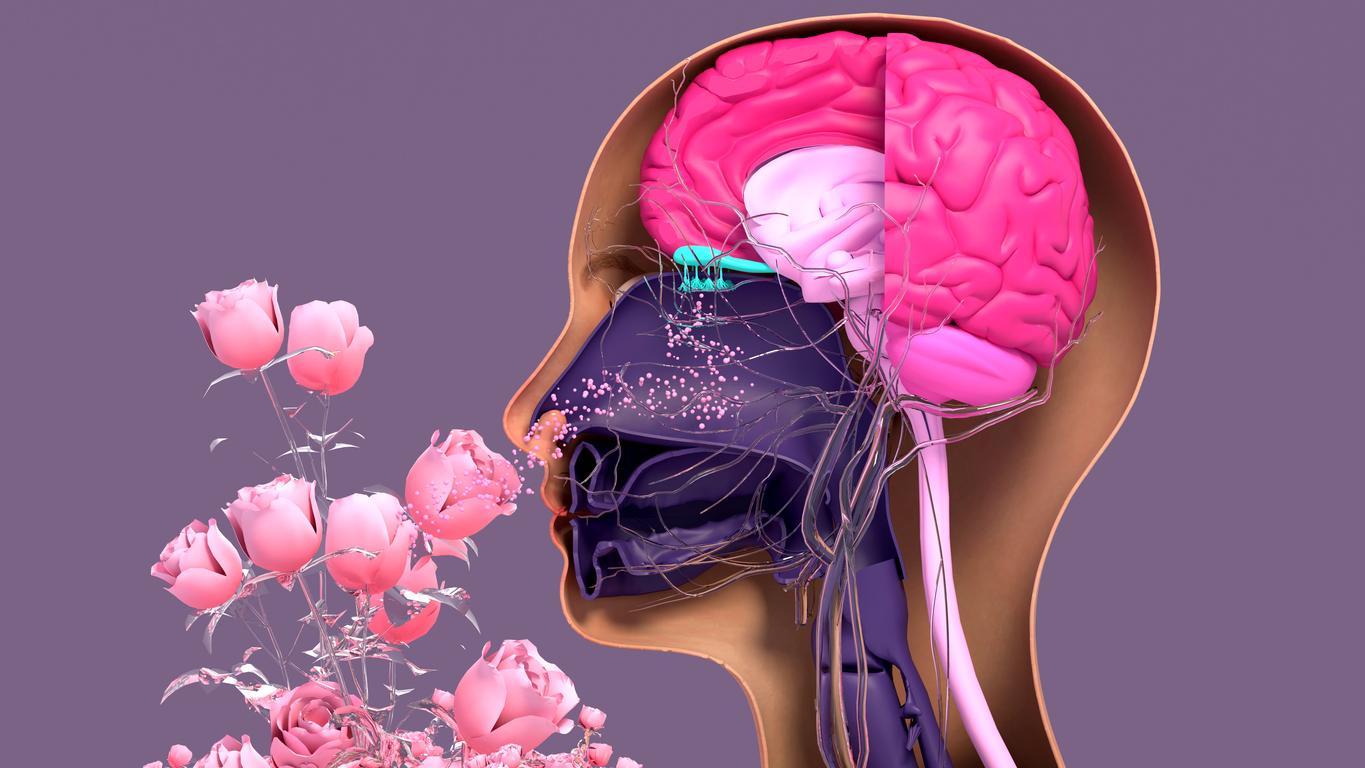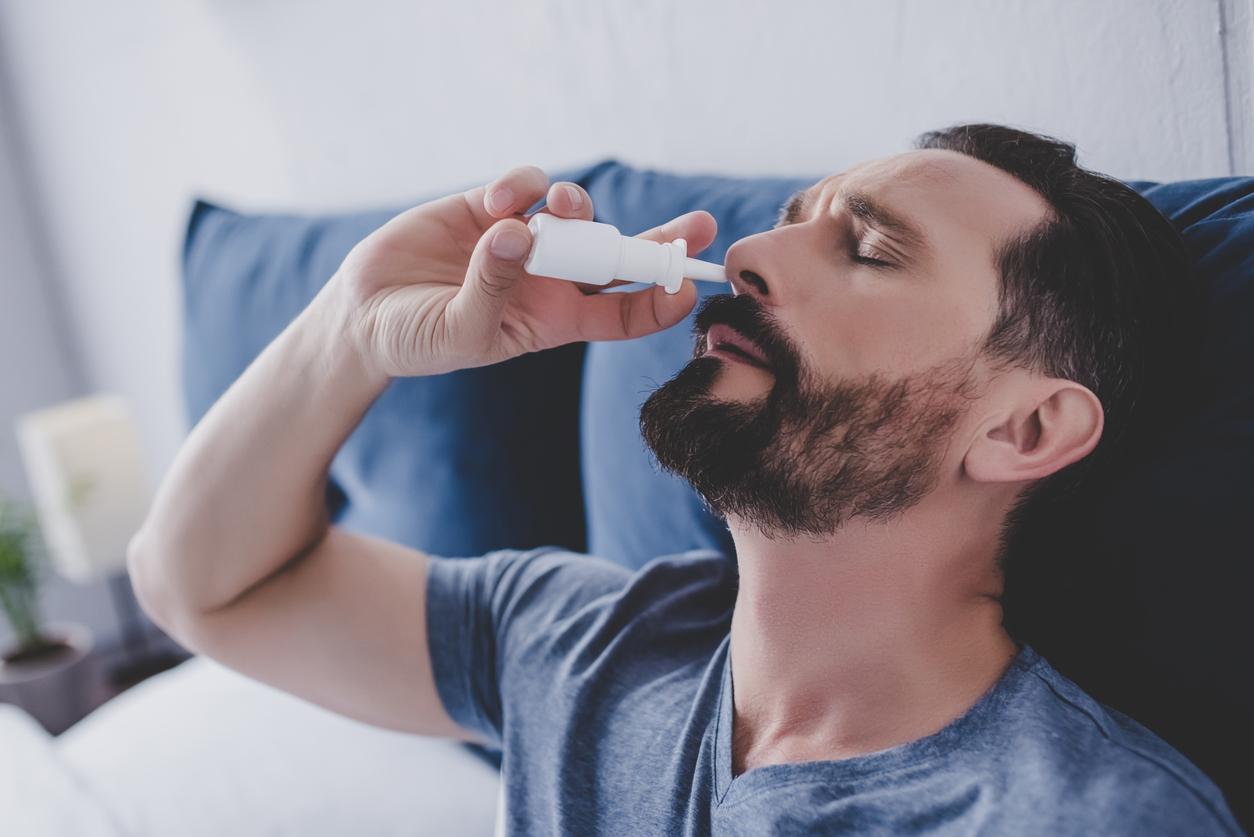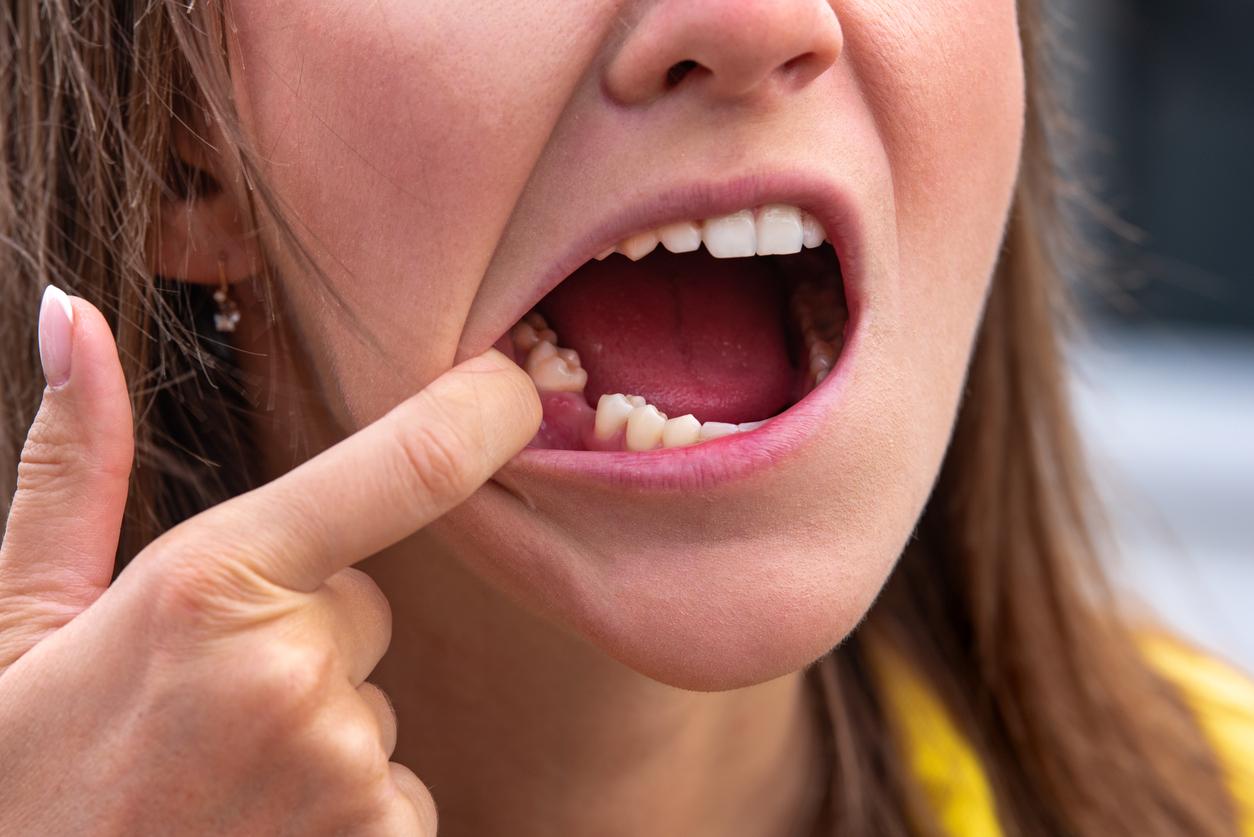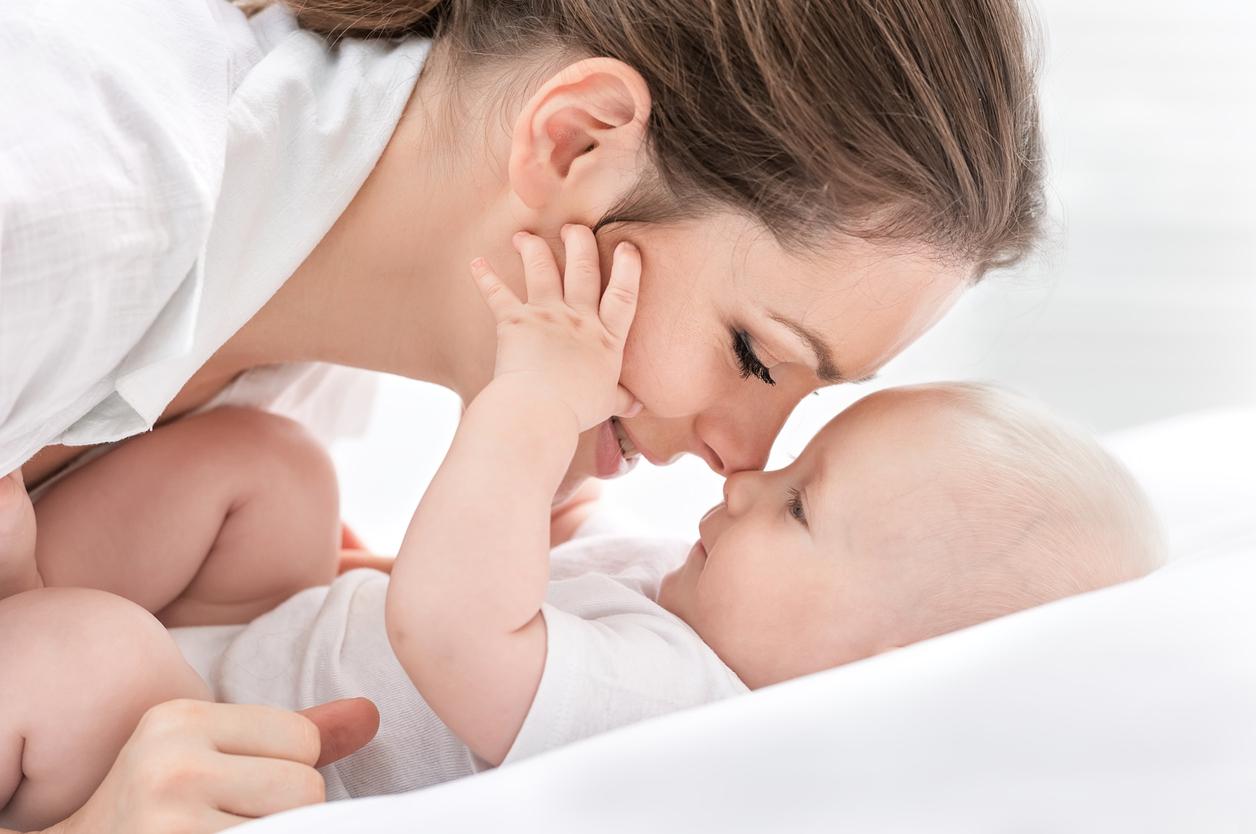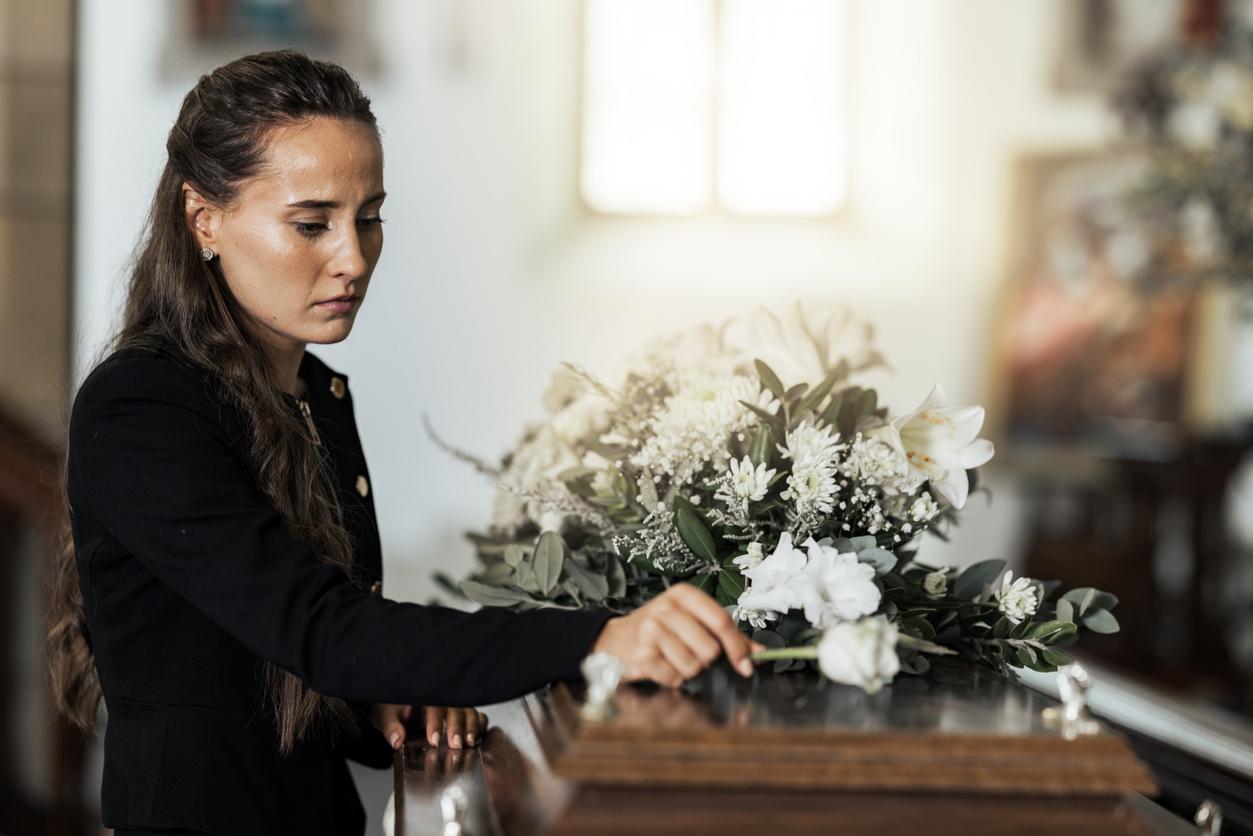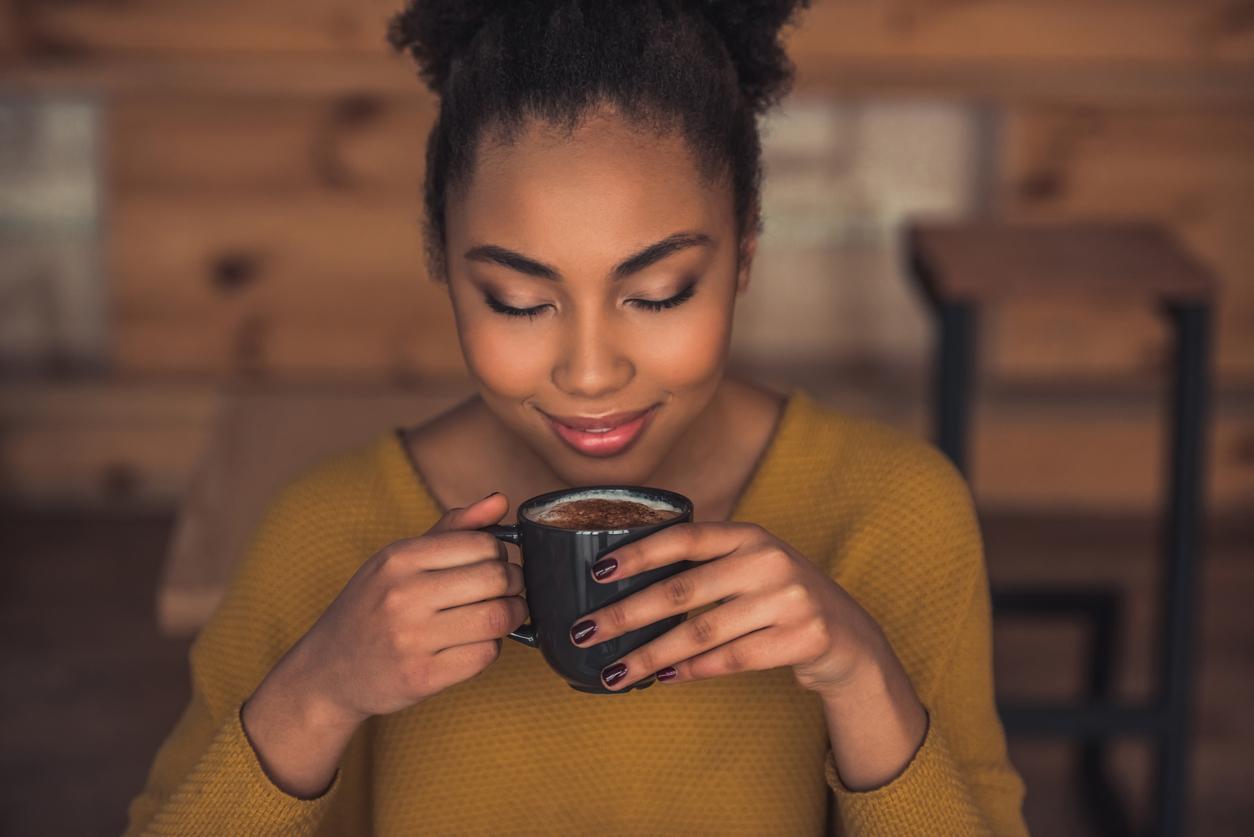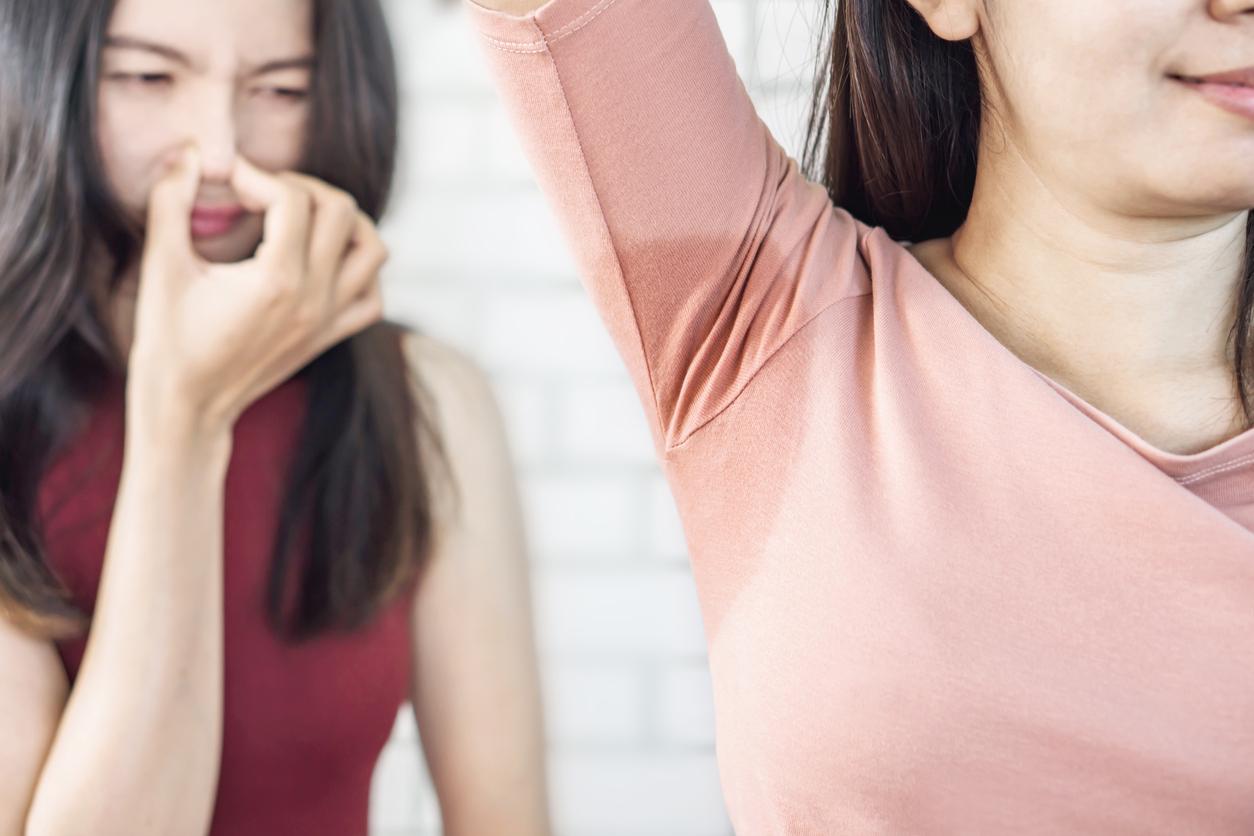
‘The worst thing is that I can’t smell people anymore’
The smell of coffee, of freshly baked bread or of your partner just waking up: when you suddenly can’t smell anymore, you realize how decisive smells are. Due to the corona outbreak, there are suddenly many more people who suffer from this. What can you do about it?
The GP referred her to an ear, nose and throat specialist. He immediately got to the point: “It’s wrong. Your smell and taste is damaged. You should install smoke detectors and start cooking on induction, because you no longer smell it when there is a risk of fire.”
That hit hard. Gadellaa loved cooking so much and suddenly there was little to do with it. “I have Italian roots; For me, food is a form of love and conviviality.”
A week later it got even worse, because she started smelling wrong things. She cycled through Amsterdam and a smell of vomit forced itself on her. That turned out to be coffee from one of the many coffee shops. That made the disorientation even greater. “Perfume, shampoo, fried onions, canned soup, everything suddenly smelled bad. Wine tasted like putrid vinegar. Loss of smell is often downplayed, but you don’t know how much of an impact it has. I don’t smell gas, fire, or fire. That makes you insecure in the beginning, but that’s gone now. The hardest thing for me is that I can’t smell people anymore. My children, my friends and girlfriends. People sometimes say: lucky that you no longer smell sweat or poop. But I’d kill for it so to speak. You will even miss that.”
Four scent bars
Gadellaa didn’t give up; she started looking for treatments. Through Facebook she came into contact with the patient association Reuksmaakschijn.nl. There she heard about the olfactory clinic in Gelderse Vallei Hospital in Ede. Her loss of smell could be examined in more depth there than in the average ENT outpatient clinic. After two years on the waiting list, it was her turn. While she saw pictures and was injected with a scent, an MRI scan of the brain was made. The doctor could see on the scan how the brain reacted to the scent stimulus. For example, she got a chocolate smell, but it smelled very bad. The scan was very unpleasant and unfortunately showed nothing new. Nevertheless, she experienced the visit to the clinic as useful. “Precisely because I could smell the wrong things, the doctor suspected that I would eventually be able to smell something again.”
The next step was the smell training. Gadellaa bought four fragrance sticks with the scent of eucalyptus, cloves, lemon and rose. Research by the well-known German scent professor Thomas Hummel from the University of Dresden shows that training with these scents can restore the smell in 20 to 30 percent of cases. Gadellaa: “I obediently smelled this every day. When I walk through the city, I smell everything. If you continue to stimulate your sense of smell, it can help.”
Her hunch turned out to be correct. One day she was cycling along the Amstel and she smelled something. Something real, something delicious. She cycled back and it turned out to be a bush with peonies. “It was just a party. I immediately put it in the group app of fellow sufferers.”
Currently, Gadellaa can smell five scents again: peony, hyacinth, rosemary, thyme and grass. She suspects it’s because of the scent training.
Physical disability
Gadellaa has parosmia – she smells odors differently than before – and kakosmia, meaning smelling foul odors that were previously not perceived as foul. If you can’t smell anything at all, it’s called anosmia. Kirsten Jaarsma has had this since she suffered a skull base fracture as a result of a fall from the stairs. It has been eight years and she is now president of the association Reuksmaakschijn.nl.
Even though there are 250,000 to 300,000 Dutch people with a smell and/or taste disorder, the patient association still has to fight for attention to this disorder. People walk around with it for a long time without knowing what exactly is going on and whether recovery is possible. The impact on life is also often not well explained by doctors, according to the patient association. Jaarsma herself speaks of a handicap: “You are confronted with things you cannot do. On a hot day I can’t smell myself. That makes me insecure. I can’t smell the smell of my child or partner, even though that often says a lot about how someone is doing. I burned a lot of food. I can’t judge whether a slice of ham from the fridge is still good. If you start to see or hear worse, there are aids for that, but there are none for smell.”
The sad thing is that, thanks to the corona outbreak, attention is suddenly being paid to it. Because with a corona infection, many people also lose their sense of smell and taste, often without a nose cold. Scientists worldwide have joined forces to investigate the loss of smell in corona. One of the participating institutes is Wageningen University, which has been researching loss of smell and taste for years, in collaboration with the olfactory clinic in the Gelderse Vallei Hospital. It is estimated that at least 50 percent of people with corona develop some form of an olfactory disorder. It often gets better after a few weeks, but there are also people for whom it just doesn’t go away.
Don’t keep walking
What can you do if you can no longer smell or taste? It starts with a good diagnosis. First with the GP and if that does not help with the ENT doctor. With a flu or a rhinovirus you can lose your sense of smell, but that usually disappears spontaneously. People with chronic inflammation of the nose can sometimes smell again thanks to medicines. So are nasal polyps; you can be operated on. Many people suffer from a loss of smell for a long time due to these causes, while it is easy to remedy. Loss of smell after a head injury is more difficult to repair, often the damage is too great. Loss of smell can also be an early symptom in neurological system diseases such as multiple sclerosis, Parkinson’s disease and Alzheimer’s disease. Another good reason not to keep walking around with it, but to make an appointment with the doctor anyway. And loss of smell in COVID-19: that is also a mystery for doctors.
Association chairman Jaarsma recommends that you be referred to an ENT specialist, if the GP cannot remedy it, and that you discuss the smell test there. “That doesn’t always happen at the ENT doctor, according to a survey of the association’s members. That smell test can show how well you can smell and whether you can distinguish smells. Even if the test shows that you do not smell anything, it is still useful as a measuring point. You can test it again in six months.”
special policy
Dick Kooper works as an otolaryngologist at the Reinier de Graaf Hospital in Delft, which, like the aforementioned hospital in Ede, specializes in olfactory disorders. The outpatient clinic treats the more complex patients who have been referred. Kooper advises against making an appointment right away with one of these two specialized clinics if you cannot smell. “We have a long waiting list. Usually the problem can be solved much faster by the GP or the ENT doctor in the hospital in the area. He can look step by step what the problem is. You don’t have to go to our centers for an MRI or CT scan, because every ENT doctor can make one in his hospital. Sometimes such a scan is useful in the investigation, but not always.”
If you can no longer smell and it cannot be solved with surgery or medication, people sometimes try nutritional supplements with zinc, vitamin A or alpha lipoic acid. Kooper: “There is no scientific evidence that these drugs work. Zinc alone can boost the taste a bit, but it doesn’t affect the smell.”
Smell training
Smell training is scientifically proven to be effective. Kooper: “The olfactory stimuli then find their way back to the brain. It is a kind of physiotherapy for the nose.”
Smell training does not require a doctor’s referral. The association Reuksmaakhinder.nl has developed a free app (named Reuktraining.nl), with which you can practice your smell. The app can be downloaded from the App Store and Google Play. You have to do it for a long time, Jaarsma warns. “It’s hard to keep going because you don’t experience any improvement in the beginning. The olfactory stimuli arrive in the brain, but the translation is not yet there. It takes discipline and endurance.”
Jaarsma’s tip: don’t use your spice rack for your own scent training. Before you know it, you’re sniffing too much pepper or paprika. Also, do not go to the local drugstore to get essential oils, ENT doctor Dick Kooper adds. “It is better to opt for the sticks or oils mentioned in the app, because they have been shown to be effective in scientific studies.”
Loss of taste
Does smell training also help with COVID-19? Nobody knows. “COVID-19 is new, so we don’t know how it will develop,” Kooper said. Despite the unfamiliarity, he suspects that smell training is a good choice. “If it doesn’t help, then it won’t hurt. Patients with COVID-19 often initially have no sense of smell at all. Then they start to smell distorted (‘dirty’) odors. It seems that the olfactory stimulus arrives in the brain, but is not properly recognized. He can get back on track. Smell training is effective in that regard.”
With COVID-19, people often talk about loss of taste, but that is not entirely correct. Kooper: “The real taste of the basic flavors sweet, salty, sour, bitter and unami is very rarely affected. I have never seen in my practice that anyone lost all basic tastes. These people often have a loss of smell, which changes the taste experience. When you eat, you use five senses. The smell of onions, the crunch of chips, the color of a salad, the crunch of nuts, it all plays a part. We therefore speak of ‘taste experience’ and not of taste. I have even had patients who scored zero on smell, but who still experienced a good taste experience.”
Loss of taste
Not only because of COVID-19, you can also lose your sense of smell as you get older. Does smell training also help? Kooper: “Studies have been done that have a positive effect on smell training. But we don’t know for sure yet. In any case, the effect is not very great. Just like sight, hearing and movement, smell deteriorates with age, unfortunately. Tip: smell everything to train the nose. The more varied the scents you smell, the greater the chance that the smell will be better preserved.”
This article previously appeared in Plus Magazine December 2020. Want to subscribe to the magazine? You can do that in an instant!
Sources):
- Plus Magazine







